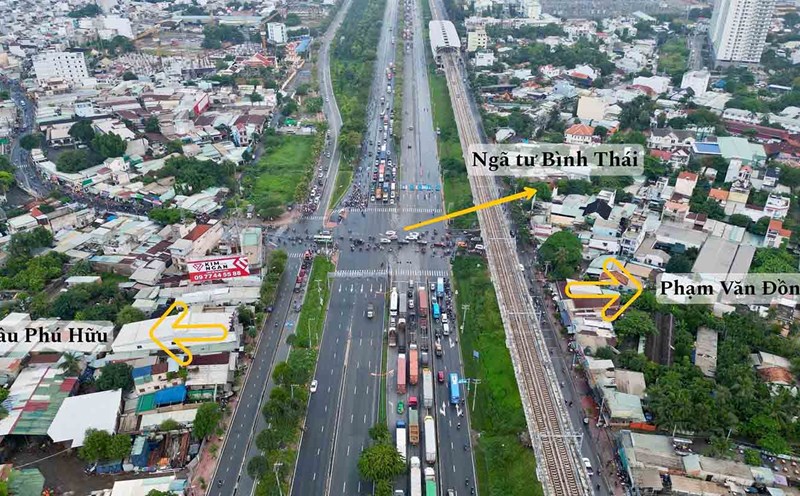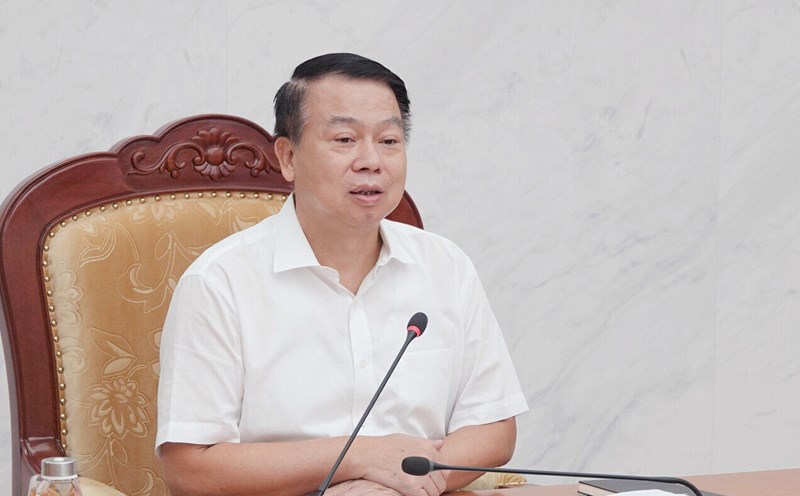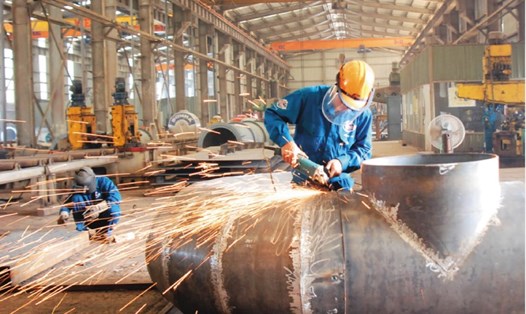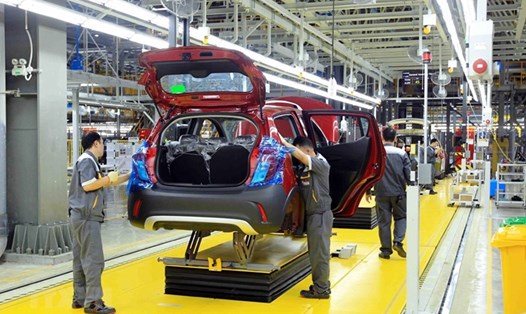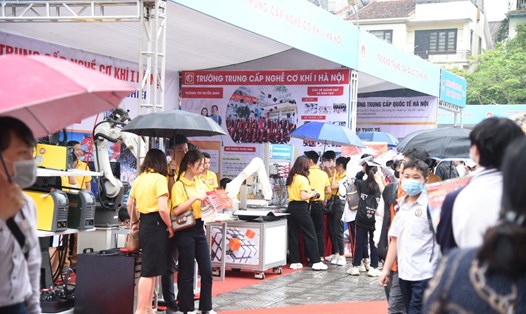Effort
Hanoi is one of the localities actively developing the mechanical industry. According to the Hanoi Department of Industry and Trade, industrial parks and clusters such as Bac Thang Long Industrial Park concentrate many mechanical and electronic enterprises including: Buykane Company making screws, Toho making molds, Aikawa making stamped metal parts, Standar making aluminum parts, etc.
Noi Bai and Quang Minh industrial parks concentrate many automobile and motorbike mechanical enterprises such as: Fujico Company making motorbike brake discs, Kyoei making motorbike brackets, Bright Sakura making exhaust pipes, Amstrong making rims and spokes, Roki making air filters... which have been bringing about outstanding efficiency in production compared to other industrial clusters. These are industry-linked clusters, groups of enterprises specializing in precision mechanical products in the electronics, automobile, motorbike industries...
In addition, Hanoi also focuses on linking the development of supporting industrial sectors based on demand and advantages with 3 key areas including: Production of spare parts, supporting industries serving high-tech industries and supporting industries for the textile, garment and footwear industries; promoting industrial production according to the global value chain; promoting supply linkages in the Northern key economic region.
Typically, N&G Investment and Development Joint Stock Company is the investor of the Nam Ha Noi supporting industrial park with a scale of 559 hectares, of which phase 1 is 72 hectares planned to develop industries in the fields of mechanics, manufacturing, textiles, footwear, electronics - information technology, automobile manufacturing and assembly, supporting industries serving high technology...
Mr. Tran Van - Vice President of N&G - said: "Up to now, the industrial park has completed its infrastructure and continues to promote investment attraction. This is an effort to complete the specific goal that by 2025, Hanoi will have about 1,000 enterprises operating in the supporting industry sector. Of which, 40% of enterprises have production systems and products that meet international standards, with sufficient supply capacity to participate in the global production network of multinational corporations in Vietnam".
Need to solve the problem
Vietnam Association of Supporting Industries (VASI) - commented: Mechanical enterprises are facing great opportunities when Vietnam participates in many free trade agreements. These agreements, when effective, will help mechanical enterprises have an advantage in exporting, expanding the market and attracting foreign investment.
The whole country has about 3,100 mechanical engineering enterprises with 53,000 production facilities.
Domestically produced mechanical products currently account for less than 10% of the market. The leader of the Vietnam Association of Mechanical Industry (VAMI) said that on average, each year, Vietnam imports about 40 billion USD worth of equipment, machinery, and materials for industrial production, agriculture, infrastructure construction, services, and national security and defense.
In addition, the domestic mechanical industry in Vietnam does not have much market share because it has to "swim" on its own in an incomplete market mechanism. At the same time, this industry has not received effective support from the State's policy system to have many orders from public investment like other countries, leading to domestic mechanical industry being disadvantaged right at home.
VASI representative said: If we want the domestic mechanical industry to develop, we must have a market, but to do this, the Government needs to have its own mechanism for the industry. Specifically, there must be a clear policy for domestically produced mechanical products in the direction that if any equipment can be produced domestically, it will be absolutely not allowed to be imported.
The Ministry of Industry and Trade needs to define how domestic enterprises can respond and divide the market to have the opportunity to supply products to the domestic market. Then, boldly invest in new equipment and technology to reduce production costs and compete to participate in the supply chain.
Representatives of manufacturers recommended the Ministry of Industry and Trade to advise the Government to soon develop strategies and plans to develop the mechanical industry in the near future; support policies and mechanisms should be issued soon and put into practice more effectively so that businesses have the opportunity to access, expand cooperation and share markets, bringing about sustainable development.



